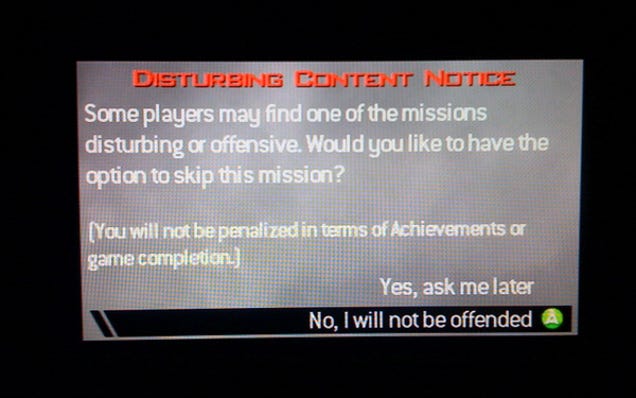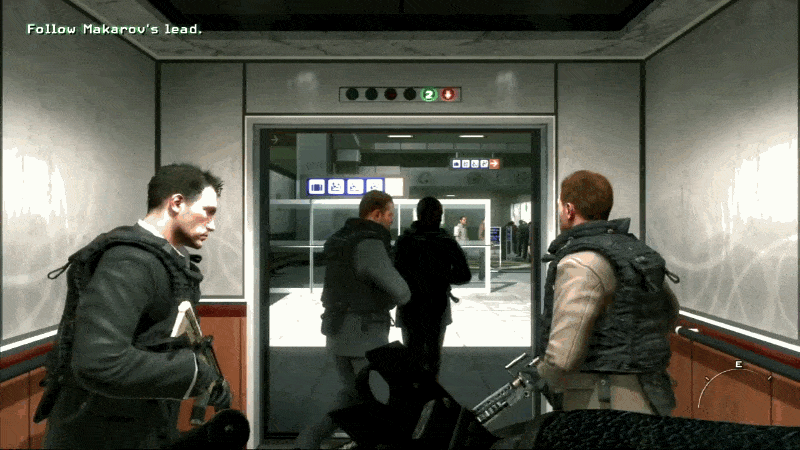Carly Kocurek’s argument is one centered around the continuous battle between free speech and public decency. Gratuitous violence, sex, and illegality usually drive up the demand for video games, especially for younger players. Sex sells, as the saying goes, and it doesn’t change for video games. She argues that dehumanizing violence in video games devalues the lives of in-game targets and the individuals or groups they may represent.
War propaganda, in a similar way, dehumanizes enemies under the guise of cartoons and unwavering patriotism. They make you forget that you are fighting your neighbor, but rather remind you to think of the enemy abstractly. Kocurek believes that Propaganda’s legitimizing the abuse and marginalization of various groups is present in these video games and produces similar results.
I do not often criticize free speech, however I understand the public decency angle with video games. Imagine a 14-year-old boy in middle school who goes home everyday to play the massively successful, blockbuster, genre-defining Call of Duty franchise. In 2009, the franchise released the game Modern Warfare 2, which depicted a war between Russia and the United States. Starting the game, the 14-year-old boy sees the following warning-

OK- you’re 14, you just convinced your parents to buy you this game since it is rated M for mature. You have played the last three Call of Duty games, and you can handle anything. Right? That’s absolutely what I thought at 14. The level in the game that the warning is referencing is called “No Russian” and there was unprecedented controversy when the game was released. Rather than tell you what happens…

It’s confusing trying to work out what is happening from a small clip, but this was the most “PG” graphic that I could find. Players around the country were horrified when they found themselves taking part of a terrorist attack in an airport. Seconds after the gif ends, the player begins shooting into the crowd. For the next 15 minutes, the player commits a mass-shooting without any resistance until the level is finished.
While I completely agree with Kocurek’s argument that video game violence should be less censored and dehumanized, I can speak first-hand on the psychological mark and disgust I feel looking back on that level. Public decency must come into effect somewhere along the way.
At the very least, there has to be better regulation of material like that. It’s a running joke in the gaming community that 14-year-old’s make up Call of Duty’s audience. Essentially, the studio advertises blatantly to their age group. At what point do public decency and freedom of speech collide? While I agree that video games dehumanize murder and violence, and may propagate caricatures of other cultures, there is clear psychological damage that video games inflict. It is unrealistic to ban all gratuitous violence and sex from games, so where is the middle ground?
